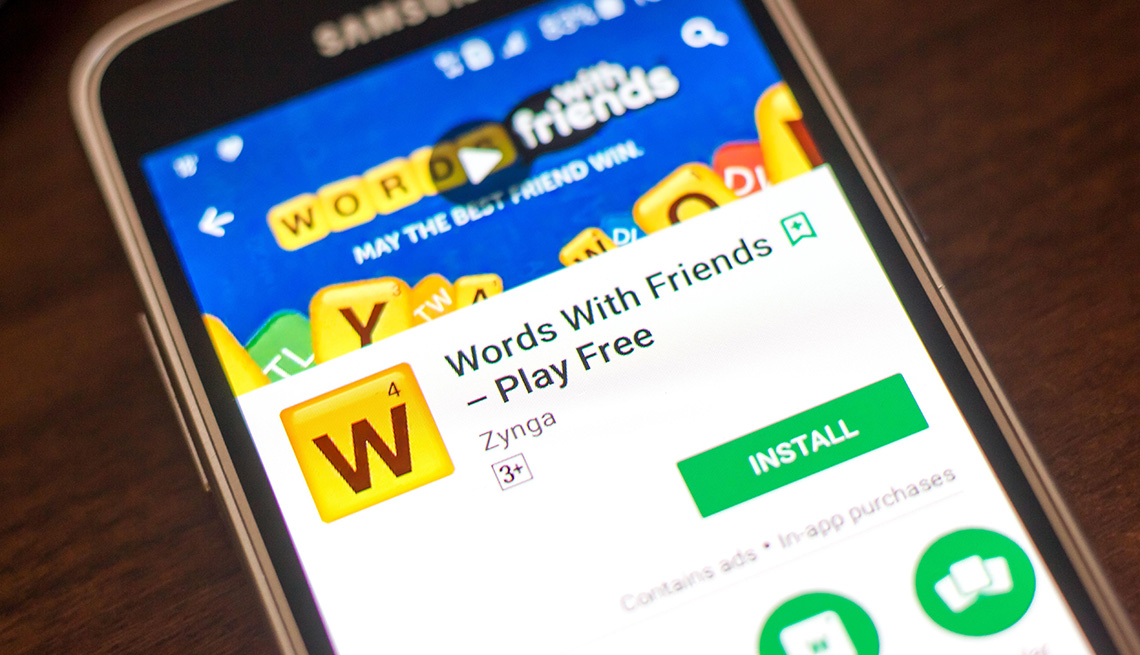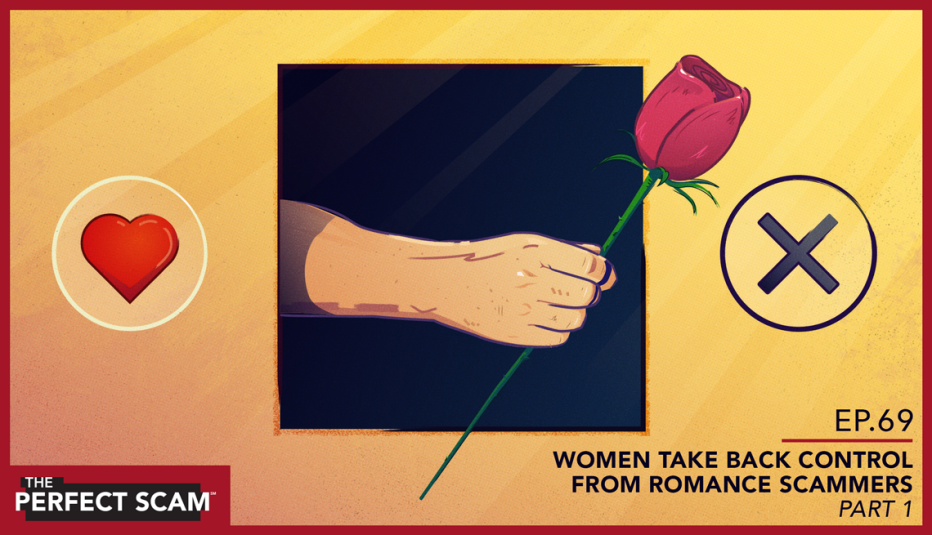AARP Hearing Center
You might think it's fine to instant message others when playing Words With Friends. The popular online game traces its roots to Scrabble, the hit board game that debuted in 1938.
Be very careful. The strangers you meet on what players call “WWF” may not be real friends. In fact, they may be romance scammers.
Early in 2018, a 75-year-old woman living near Portland, Oregon, began trading messages with a man on the WFF app. She was lonely. He was friendly — and seemed interesting, saying he was a native of Italy and worked on an oil rig near Texas. After a month of increasingly intimate chats online and over the phone, he hit her up for iTunes cards worth between $5 and $25. He lied, saying he used them to call his children; the cards actually are used for movies and music, and are a popular currency among bad actors.
Promises, promises
He promised to pay her back with interest. But as their digital relationship grew, his emergencies — and pleas for funds — kept coming. Over eight or nine months she parted with her life savings, about $137,000, by buying him gift cards and sending bank wire transfers. Not until he urged her to sell her jewelry and her house did she realize that it was all an elaborate hoax, as some of her friends had warned.


After the woman reported her loss, Detective Patrick Altiere, 45, a 16-year veteran of the Washington County (Oregon) Sheriff's Office, stepped in to investigate. He tells AARP that he spends much of his time investigating romance scams and, in the case at hand, there is little hope the woman will recover her money. “We're not catching these people and they are not going to jail,” he says. The fraudster in the case used an alias, is probably overseas and the photos he sent her were not his — they were stolen from the internet.
More than $100 million lost to romance scams
The Oregon woman is not alone. In 2018, people lost $143 million to romance scams, the Federal Trade Commission says.
That WWF is haunted by hustlers is not surprising. Zynga, the San Francisco-based company that created it, did not respond to requests for comment for this story but offers online tips on how to block other users and report abuse.
Altiere says romance frauds have much in common. “The people who are targeted are afflicted with loneliness,” he says. Some have infrequent contact with relatives or live in care facilities. Victims “really want to believe these people are living exciting lives … working on oil rigs, traveling through Africa.” Such tall tales are a ruse to avoid meeting in person. An ironclad rule to avoid being fleeced: Never send money to a virtual love interest whom you haven't met in person.






































































